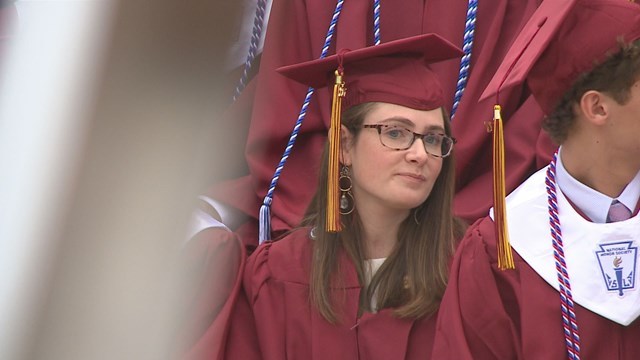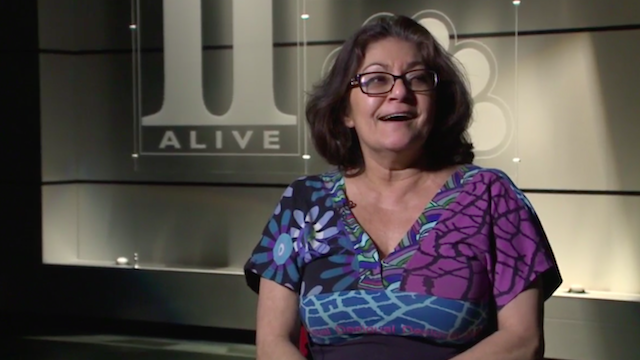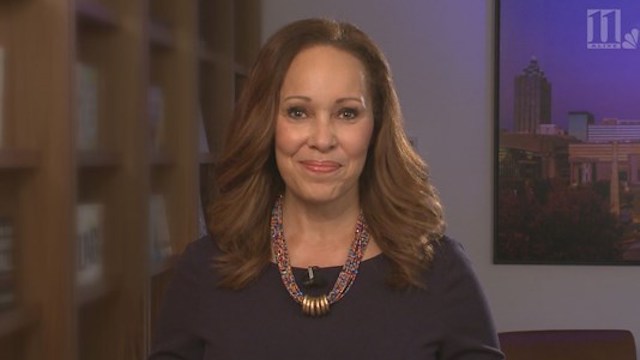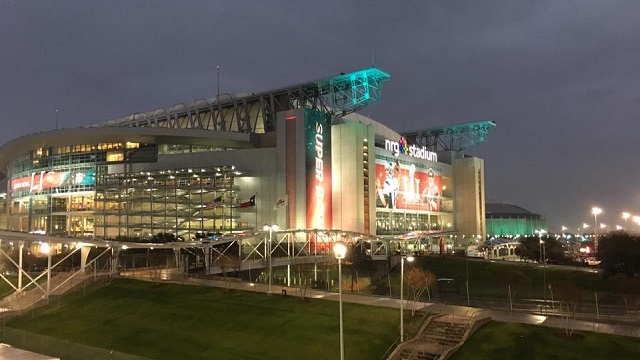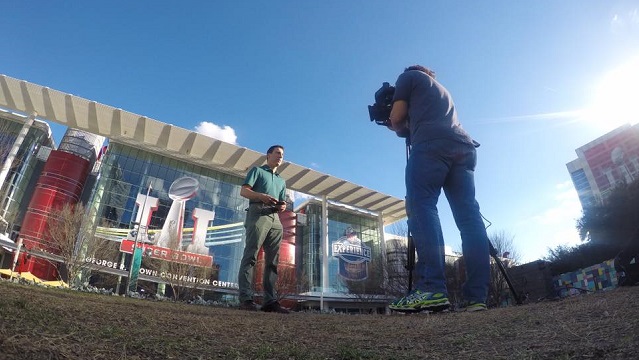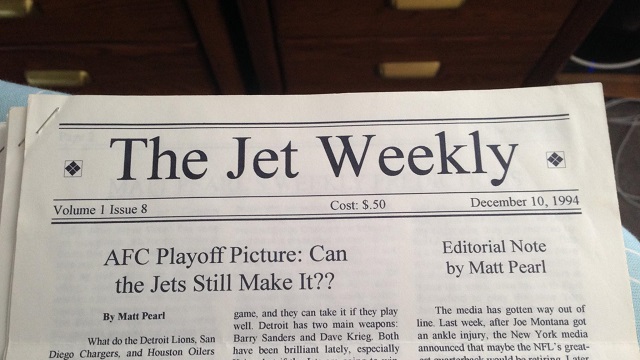I am a big believer in the power of my profession to inform, elevate, and connect communities.
I am also a big believer in the philosophy of “Let’s do it and see what happens.”
But local TV news too often finds too many reasons to keep doing the same old stuff – and thus turning off the people we’re trying to reach. We race around our region producing reports, but we rarely stop and get a sense for the people who will watch them.
Last week we unveiled a segment on WXIA-TV called “Untold Atlanta”. Our goal is to tell the stories we are not telling enough.
But we will never find those stories if we don’t ask … or listen. So that’s what we did.
On two days in late July, we set out to interview 100 Metro Atlantans and ask each person one question: “What are the stories we’re not telling?” I wanted to shake hands, have conversations, and get to know more people than I would otherwise meet in a 48-hour span.
And if it didn’t work out? “Let’s do it and see what happens.”
We mapped out ten locations across the region, all situated in environments we deemed target-rich for productive interaction. We did not want to waste time seeking people out; we wanted to engage in conversations and hear from as many voices – and as many different types of voices – as possible.
(We made sure to attempt this experiment on two of the summer’s most sweltering days. The high temperature averaged 91 degrees, as I was reminded by the beads of sweat that would populate almost immediately after getting out of the car. Maybe next time we’ll try this in October.)
What did people say? We fit as many as we could into this video. I’ll let them speak for themselves.
And if you’d like to know more or submit a story idea, check out the Untold Atlanta page on 11Alive.
We’ll do it. And we’ll see what happens.
I can’t wait.
The Solo Video Journalist is available for purchase. You can find it on Amazon, Barnes & Noble, and the publisher’s web site.
Matt Pearl is the author of the Telling the Story blog and podcast. Feel free to comment below or e-mail Matt at matt@tellingthestoryblog.com. You can also follow Matt on Facebook and Twitter.


